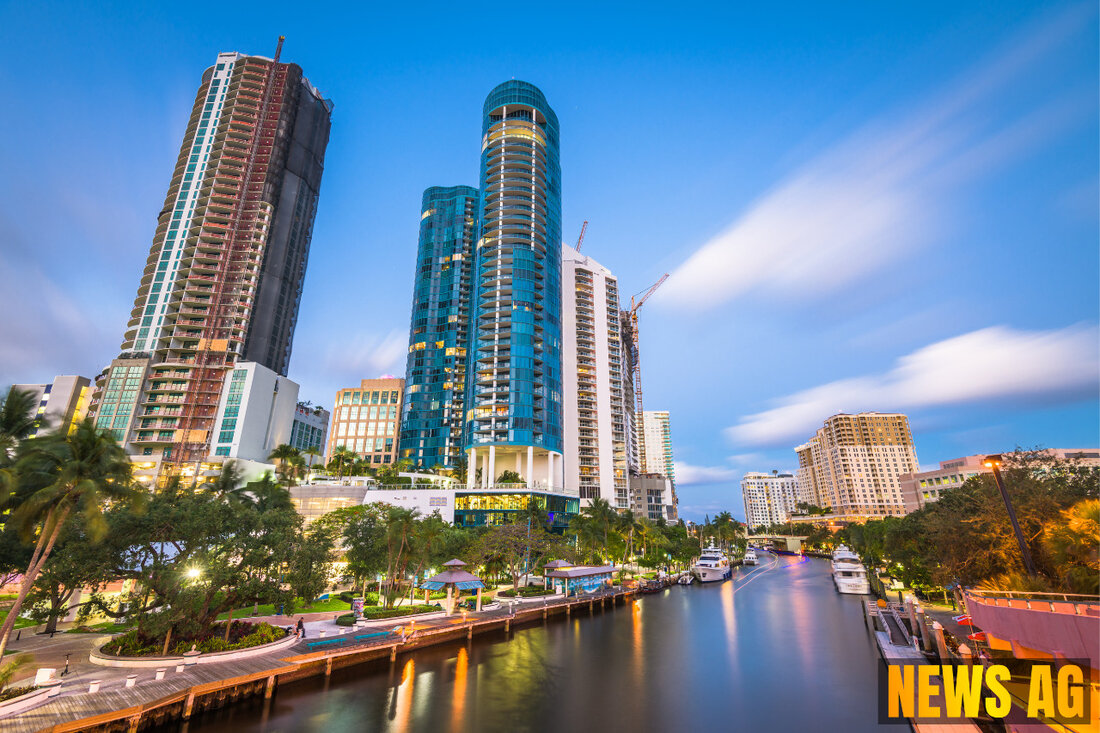Massive Protests Erupt Against DeSantis' Controversial Alligator Alcatraz Facility
Protests erupt in Bay County against the controversial "Alligator Alcatraz" migrant detention center, citing environmental and Indigenous concerns.

Massive Protests Erupt Against DeSantis' Controversial Alligator Alcatraz Facility
On June 28, 2025, a large crowd gathered near Mile Marker 50 along Tamiami Trail to voice their opposition to the planned “Alligator Alcatraz” detention facility in the Everglades. Hundreds, including Indigenous groups, environmental advocates, and immigration supporters, rallied outside the airfield designated for the immigration detention center. The protest was marked by heartfelt ceremonies from members of the Miccosukee and Seminole tribes, who carried signs expressing their discontent with the project.
These demonstrations coincide with the ongoing efforts by the DeSantis administration to convert the Miami-Dade County-owned airstrip into a migrant holding facility, despite significant pushback from various sectors of society. Betty Osceola, a prominent Miccosukee environmental activist, articulated the deep concerns within her community, highlighting that the detention center sits on sacred land and would disrupt their way of life. Osceola was not alone in her views; many protesters, like Jamie DeRoin from Port St. Lucie, echoed the urgent need to protect Florida’s wild places.
Environmental Concerns and Lawsuits
The environmental ramifications of constructing the facility cannot be overstated. Environmental groups have filed a federal lawsuit to pause any construction, demanding a comprehensive environmental review as mandated by federal and state laws. According to WPTV, the lawsuit represents the Center for Biological Diversity and Friends of the Everglades and raises alarms that the project threatens the sensitive wetlands environment. This area is crucial, covering over 96% wetlands and serving as a habitat for endangered species, including the Florida panther.
Governor DeSantis has dismissed these environmental worries, boldly asserting that the facility would have „zero“ impact on the Everglades ecosystem. He described the project as part of broader efforts to enforce immigration policies and emphasized the temporary nature of the facility. However, critics argue that such claims are misleading. As noted by CBS News, experts like Eve Samples from Friends of the Everglades have raised eyebrows at the absence of necessary environmental reviews that should have preceded construction.
Public opposition has dramatically increased, with 7,600 individuals reportedly reaching out to voice their concerns regarding the facility. This outpouring of dissent reflects a broader unease regarding not just the treatment of migrants but also the welfare of Florida’s natural treasures.
A Broader Dialogue
The “Alligator Alcatraz” situation has opened a critical dialogue about the intersection of immigration and environmental conservation. Protesters like Jessica Perez have underscored this connection, invoking their worries for both the environment and the fate of their immigrant friends and families. As the construction progresses, with trucks seen transporting building materials and equipment into the facility, the situation remains tense, drawing more eyes toward Florida’s complicated relationship with both its people and the land.
As these issues unfold, only time will tell how they will reshape the landscape of governance and activism in the Sunshine State. With such strong voices emerging from diverse communities, the demands for respect—both for Indigenous rights and the environment—are louder than ever. It’s clear that these concerns may influence public sentiment long after the construction of „Alligator Alcatraz“ draws to a close.

 Suche
Suche
 Mein Konto
Mein Konto